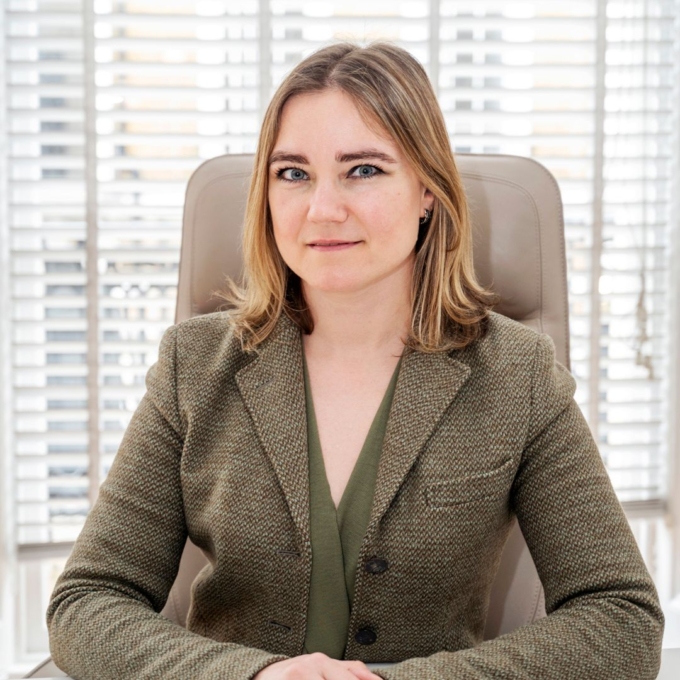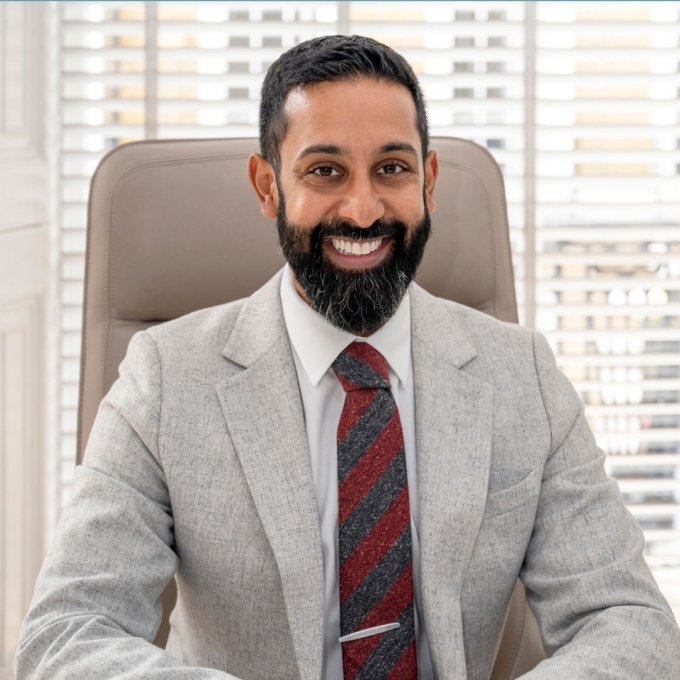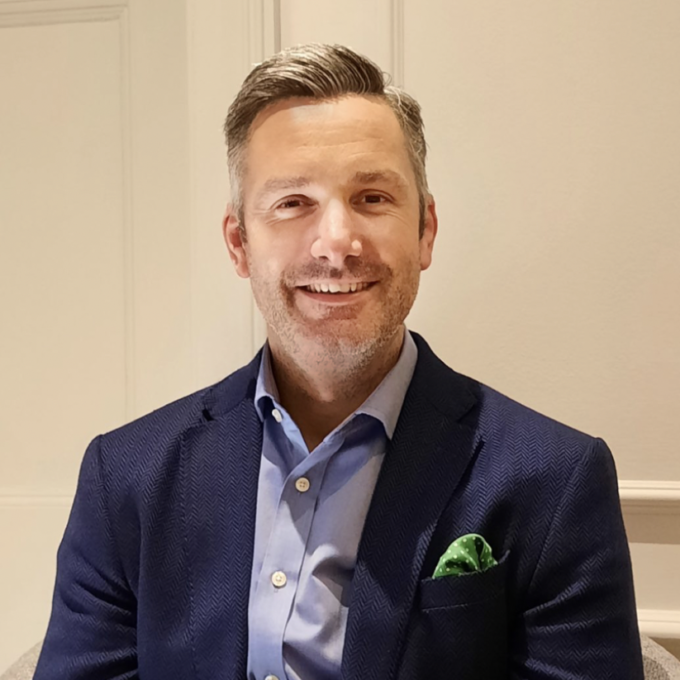Our consultantS
Our team at Clinica London team offers general, specialist and urgent paediatric and adolescent ophthalmology care, covering all aspects of children’s and teenagers’ vision and eye problems. Our Paediatric Ophthalmology Consultants treat many children’s and teenagers’ eye conditions. All children from birth to adulthood are welcomed.
Our Expert Team includes our Specialist Eye Consultants, complemented by four warm and friendly Orthoptists and an Optometrist, all committed to nurturing children and teenagers’ eye and skin health.
Ms Naz Raoof, our Lead Paediatric Ophthalmologist and Neuro-ophthalmologist, skilfully handles a range of conditions, from squints and optic nerve problems to refractive errors and visual development in children of all ages, starting from birth.
Ms Naomi Tan, our newest paediatric ophthalmologist, brings her expertise to general and urgent paediatric ophthalmology and squints for children from birth to 18 years.
Ms Michelle Ting manages all paediatric Oculoplastics, eyelid, orbital and lacrimal conditions, including congenital nasolacrimal duct obstruction and paediatric dacryocystorhinostomy (DCR).
Ms Jane Olver specialises in oculoplastic surgery, addressing children’s and adolescents’ eyelid and tear duct issues.
Mr Harry Petrushkin specialises in uveitis and all inflammatory eye diseases.
Professor Michel Michaelides is an internationally recognised expert in inherited retinal diseases such as retinitis pigmentosa and cone dystrophies, providing care from birth to young adulthood.
Professor Sajjad Ahmad is renowned for his ocular surface and corneal surgery work. He caters to children, teenagers, and young adults aged ten and above with conditions such as allergies, blepharitis, chalazion, and keratoconus, including corneal cross-linking for keratoconus in teenagers and young adults.
Ms Evgenia Anikina, our retinal specialist, manages ocular emergencies and routine eye problems, including retinopathy of prematurity screening from birth and other retinal issues from age 6.
Mr Julian Robins offers expert care in vision conditions, focusing on the retina, macula, and post-cataract surgery complications in children and adults.
Our Orthoptists, Miss Victoria Tang, Ms Leena Patel, Mr Greg Richardson, Mr Vijay Tailor, and Mr Joe McQuillan, are skilled in assessing children’s vision, ensuring both eyes function harmoniously, and treating amblyopia, also known as lazy eye.
Optometrist Ms Hannah Dunbar performs cycloplegic refractions for all age groups and specialises in Low Vision assessments and treatments for children aged four and above.
At Clinica London, we are committed to delivering premium care for your child’s eye and skin health.
Ms Naz Raoof
Consultant Paediatric Ophthalmologist
Adult and Child Strabismus & Neuro-ophthalmology Specialist
Ms Naomi Tan
Consultant Ophthalmic Surgeon
Paediatric Ophthalmology, Paediatric Strabismus, and Adult Cataract Specialist
Ms Michelle Ting
Consultant Ophthalmic Plastic and Reconstructive Surgeon
Miss Jane Olver
Consultant Ophthalmic Surgeon
Oculoplastic (Eyelid) & Lacrimal Specialist
Medical Director
President International Society Dacryology and Dry Eye 2024-2026
Mr Harry Petrushkin
Consultant Ophthalmologist
Adult and Child Uveitis Specialist and Cataract Surgeon
Professor Michel Michaelides
Professor of Ophthalmology
Medical Retina & Inherited Retinal Disease Specialist
Professor Sajjad Ahmad
Consultant Ophthalmic Surgeon
Cornea & External Eye Diseases, Cataract, Keratoconus & Refractive Surgery Specialist
Ms Evgenia Anikina
Consultant Ophthalmic Surgeon
Cataract, Surgical Vitreoretinal (VR) and Medical Retina Specialist
Mr Julian Robins
Consultant Ophthalmic Surgeon
Cataract, Vitreoretinal (VR) and Medical Retina Specialist
Ms Victoria Tang
Consultant Orthoptist, Paediatric Ocular Motility and Stroke Rehabilitation Specialist
Ms Leena Patel
Consultant Orthoptist
Specialist in Paediatric and Adult Strabismus
Mr Greg Richardson
Consultant Orthoptist
Specialist in Paediatric, Adult and Neuro-Orthoptics
Mr Vijay Tailor
Consultant Orthoptist
Specialist in Paediatric and Adult Strabismus (squints)
Mr Joe McQuillan
Consultant Orthoptist Specialist in Paediatric
Adult Neuro-Orthoptics and Trauma Motility
Ms Hannah Dunbar
Consultant Optometrist
Low Vision Optometry Specialist

























